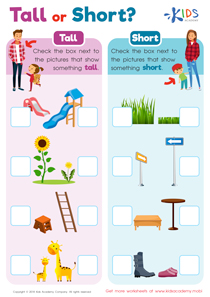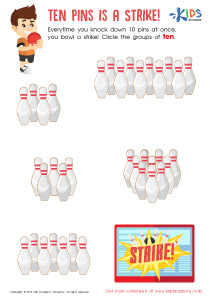Fine Motor Skills Easy Preschool Addition & Subtraction Worksheets
4 filtered results
-
From - To
Enhance your preschooler's math abilities with our Fine Motor Skills Easy Preschool Addition & Subtraction Worksheets, crafted especially for budding learners. These engaging worksheets focus on developing crucial fine motor skills while introducing fundamental addition and subtraction concepts. Kids will enjoy tracing numbers, counting objects, and solving simple math problems, all designed to keep young minds intrigued and hands busy. Ideal for home or classroom use, these worksheets are a fantastic way to support early math confidence and dexterity. Give your child a head start on their educational journey with fun, interactive learning activities today!


Counting Seedlings Worksheet
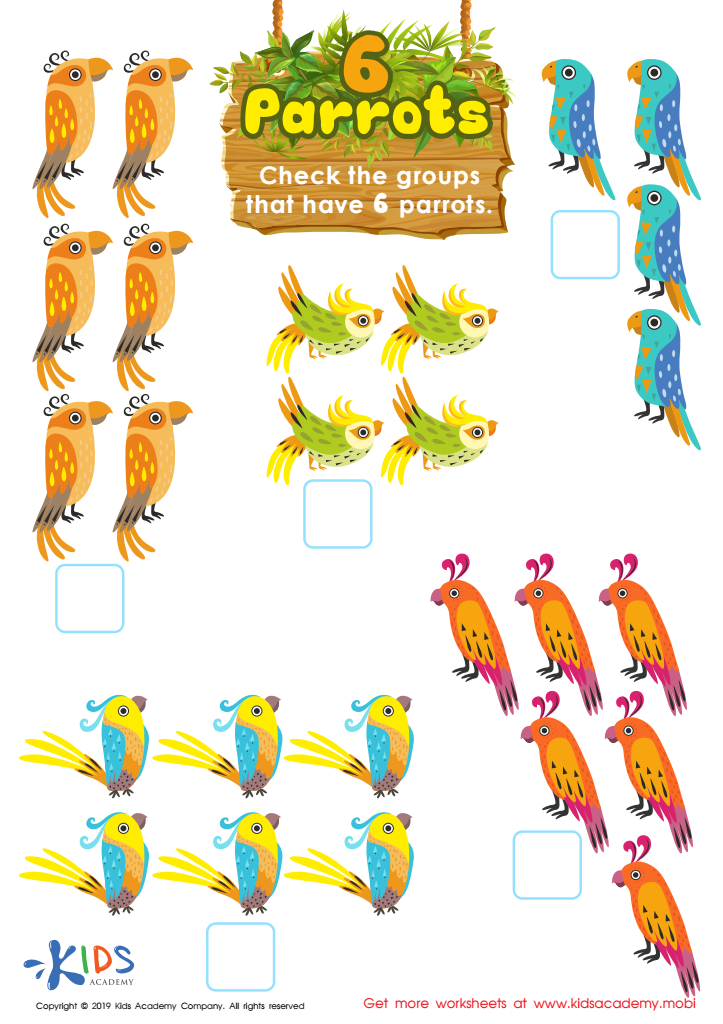

6 Parrots Worksheet
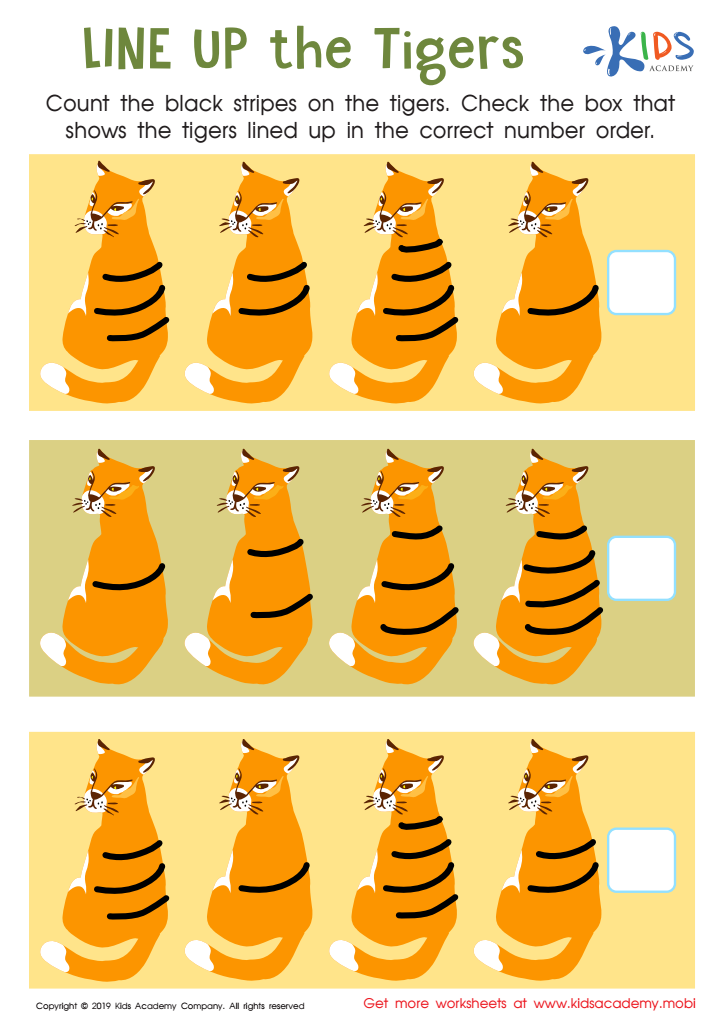

Line up the Tigers Worksheet
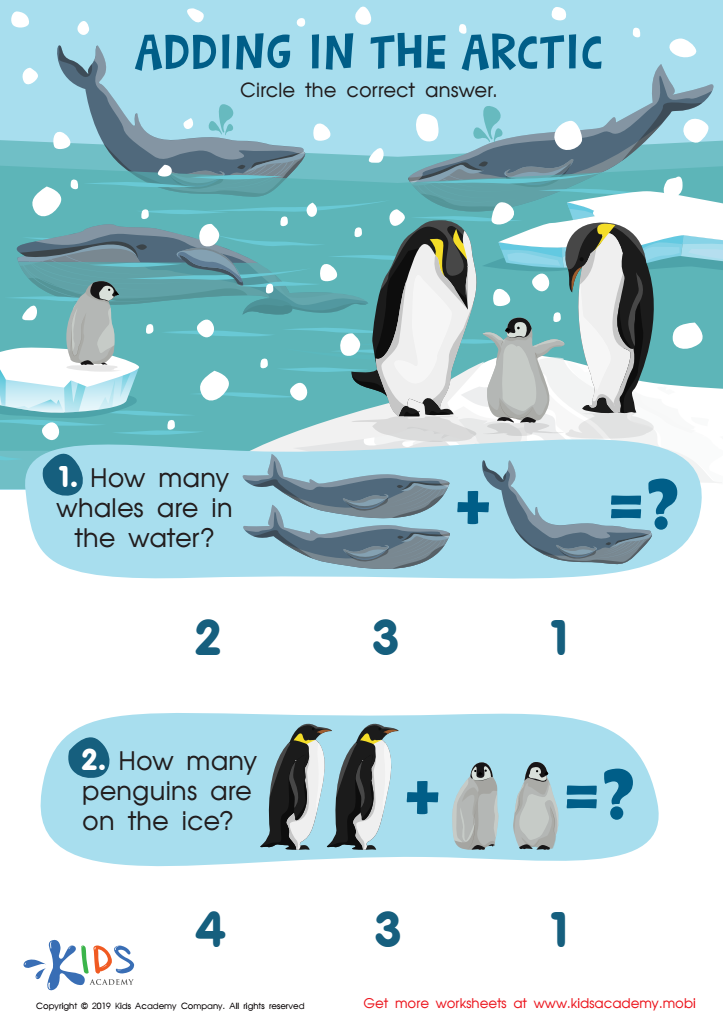

Adding in the Arctic Worksheet
Fine motor skills form a critical component of early childhood development, significantly influencing children's ability to perform important daily tasks. Parents and teachers should deeply care about these skills, especially in contexts like Easy Preschool Addition & Subtraction activities, as they lay the foundation for more complex proficiencies in the future.
Fine motor skills involve the coordination of small muscles, primarily in the hands and fingers, allowing for precise movements. Engaging children in addition and subtraction exercises often requires them to manipulate objects, hold pens or pencils correctly, and follow along with their finger or a pointer, which enhances their hand-eye coordination and dexterity. These tasks, though seemingly simple, build the strength and control necessary for writing, drawing, and other academic as well as everyday tasks like tying shoelaces or buttoning clothes.
Furthermore, the cognitive demands of addition and subtraction – including number recognition, counting, and basic problem-solving – support overall brain development, encouraging children to think logically and critically at an early age. These activities help in making abstract mathematical concepts tangible, thus easing future complex learning.
In essence, incorporating fine motor skill development with preschool math exercises creates a holistic approach, providing children with the tools they need for academic success and daily life functionalities. Therefore, parents and teachers have a vested interest in cultivating these skills from the outset.
 Assign to My Students
Assign to My Students









